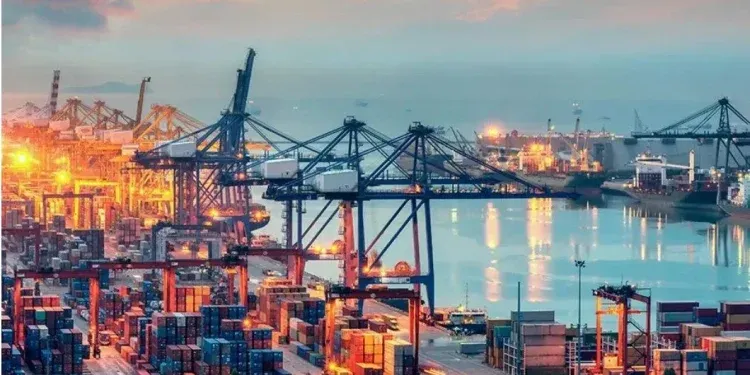New Delhi: Facing the looming impact of steep US tariffs on Indian exports, the Ministry of Commerce and Industry has stepped up efforts to diversify India’s trade portfolio by fast-tracking negotiations with the European Union (EU). Officials confirmed on Thursday that the two sides have now moved to monthly negotiation rounds, compared to just four rounds in the past 12 months.
The urgency comes after US President Donald Trump recently announced a doubling of tariffs on Indian exports to 50%, the highest rate applied to any country. This move has triggered concerns within India’s export-driven sectors — particularly textiles, gems and jewellery, and marine products — which are heavily dependent on the American market.
“The US remains our single largest export destination across most categories, so the new tariffs have created serious headwinds. To reduce vulnerability, we are accelerating our talks with the EU,” a senior government official said.
The push for trade diversification is also supported by the upcoming India–EFTA (European Free Trade Association) trade agreement, which is set to come into force on October 1, 2025. The pact with EFTA — comprising Switzerland, Norway, Iceland, and Liechtenstein — is expected to boost Indian exports of pharmaceuticals, engineering goods, and IT services, while also opening India to high-value imports such as precision instruments and industrial machinery.
Trade analysts believe the combined effect of an EU free trade agreement and the EFTA deal could cushion some of the blow from the US tariffs. However, they warn that negotiations with the EU are often complex due to stringent standards on labour, environment, and data privacy.
“Even if the EU talks move faster, closing such a comprehensive deal will take time. But in the current climate, India can’t afford to wait,” said a senior trade expert.
The government is also in discussions with key industry bodies to identify new markets in Latin America, Africa, and Southeast Asia, in an effort to spread export risk more evenly.
With the US market under pressure, officials say the next six months will be “critical” for safeguarding India’s export growth and protecting millions of jobs in labour-intensive manufacturing.







